This column was published in the Santa Barbara News-Press on Halloween three years ago.
Tomorrow is Halloween, the spookiest day of the year.
Nowhere in the United States is Halloween more or better celebrated than the town of Salem, Massachusetts, where in 1692 a fair slice of its population was hanged as witches.
Some say Berry and Abigail, who started the frenzied finger-pointing, were traumatized to psychosis by their nanny, Tituba, a slave from Barbados who toyed with their minds through séance, magic and other occult practices deriving from voodoo.
What is known for certain is that the two girls convulsed and hallucinated and blamed their sickness on local witches.
A more likely explanation for their odd behavior was ergotism (otherwise known as St. Anthony’s Fire), a consequence of ingesting rye bread contaminated by a fungus called ergotamine, from which LSD is synthesized. It causes hallucinations and convulsions, psychosis and delusion.
This was a theory originally proposed, in 1979, by a psychology graduate student at UCSB. Linnda Caporael argued that the symptoms—muscle spasms, sweating, nausea—were identical to ergot poisoning. She also noted Tituba’s concoction of a “witch cake,” which was made with rye flour that might have been tainted with ergot, either by accident or design.
By the time it was over, 19 convicted “witches” were hanged based on “spectral” evidence, i.e. on the say-so of Berry and Abigail, who also inspired others into the act, mostly as a way of settling scores with rivals or as a means of stealing their property.
“It was as if,” wrote one colonist at the time, “Satan had been loosed upon Salem.”
Most poignant was the story of Giles Corey.
Accused of witchcraft, Corey refused in disgust to enter a plea and, in a lame attempt to induce one, Salem’s burghers pressed the 81-year-old with large stones, asking occasionally, “How do you plead?” Corey defiantly replied, “More weight!”
After three days of such stone-pressing, Corey died.
This was the gambit: If you pled guilty, they let you go, but took away all your money and your property. If you pled innocent, a trial would be held. If it wasn’t going well for the prosecution, Berry and Abigail were on hand to commence convulsions and otherwise sway the jury with spectral evidence. Thereafter: condemned to death by hanging.
Later, at a local tavern Tituba’s girls would reenact their courtroom performance. If someone objected, that person became the new object of the girls’ accusations.
It is this enduring legacy that rendered Salem a magnet for real witches everywhere—an irony and poetic justice combined. Halloween in this town is celebrated the whole month of October and its numerous boutiques peddle spell potions, magic wands and vintage Ouija boards.
Practitioners of Wicca, recognized by the United States in 1985 as a religion, believe that God is within and without, synonymous with nature. Modern witches are not devil-worshippers and do not believe in the existence of Satan. If they have a creed, it is Do no harm to others. Wiccans believe that whatever you do to others will revert back to you three-fold.
Halloween was originally a three-day Celtic festival, commencing All Hallows on the eve of November, which signifies an autumn transition between light and dark, day and night, life and death—and starts the Celtic New Year.
It was—still is for some—a time to celebrate the dead, remember them, respect them—and hold close all the links that you, the sum of your ancestors, to those who delivered you.
On All Hallows Eve, Celts and Wiccans gather to tell stories about those no longer among us—be they relatives, friends or pets—and celebrate their spirits by bringing out heirlooms and talismans handed down through the generations.
Christianity, from about 400 A.D onward, viewed the Celts as pagans and threw up a smokescreen by adopting pagan holy days as their own, which is why Christianity has All Saints Day on November 1st and celebrates Jesus of Nazareth’s birthday (a fabricated date, historians believe His actual birth was in June) to coincide with the Celtic Winter Solstice.
So, here’s what you do for a very old-fashioned Halloween: Once all the pageantry and trick-or-treating is exhausted, build a fire in an open-air fireplace (the Celts would gather around bonfires) and follow an ancient “Samhain” (pronounced “sow-in”) tradition: using pen and paper, write down bad situations and destructive relationships, scrunch up the list and toss it into the fire.
Poof, they’re gone—allowing you to start the Celtic New Year tomorrow without any further burden from whatever or whomever may trouble you.





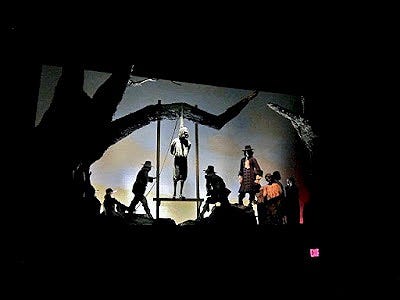
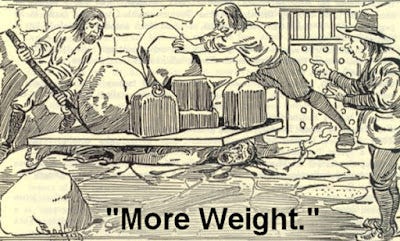
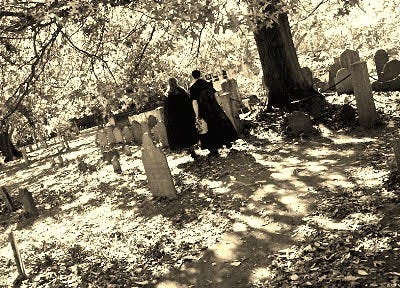
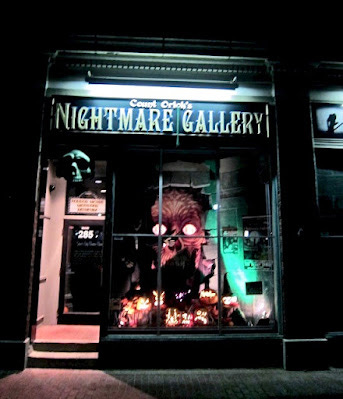
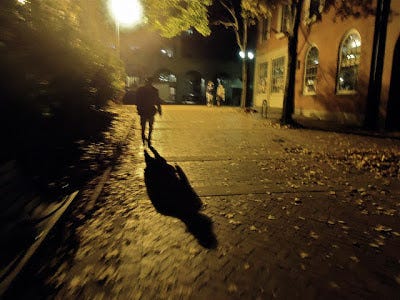
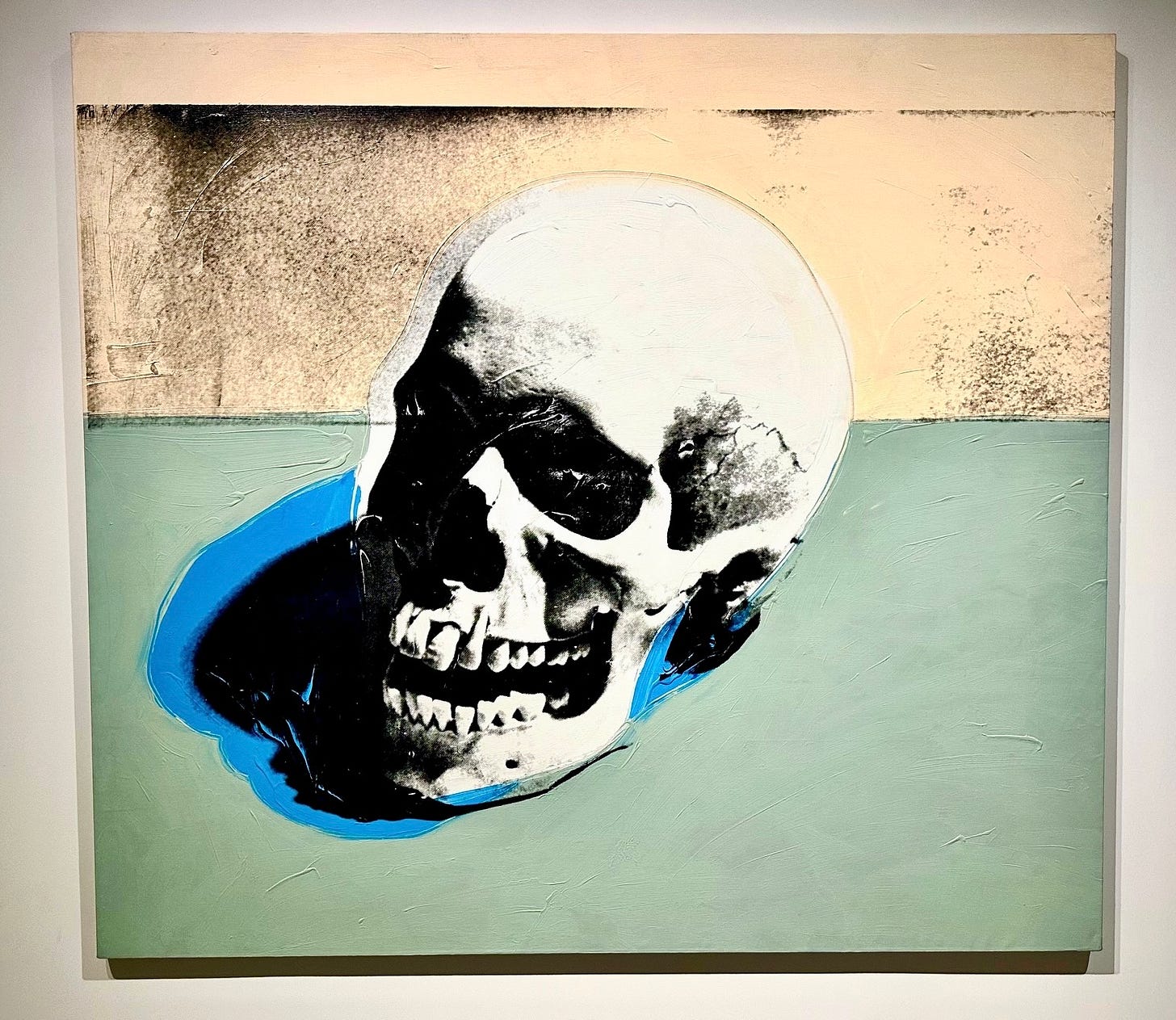
HALLOWEEN is nearing with all the excitement of witches and goblins! Speaking of witches, my dad was born in Salem, MA and I was born in the neighboring town of Beverly, MA located on the other side of a bridge from Salem. My dad definitely had special powers of calculating stuff in his head. As an example, one day I needed to know if two trains are approaching each other from different ends of a straight track, and at different stated speeds, then how long would it take for the two trains to pass each other (or collide if on the same track), a problem I read from my 9th grade algebra book. In school to acquire the “the train meeting” answer required solving two simultaneous equations. So happens dad stopped going to school in the 9th grade because when his dad died the family needed him to work for money. Dad pondered the train question while resting on one of my pillows with his eyes closed and within about twenty seconds, he provided a precise answer to the question. I asked, "How did you do that?" He just shrugged his shoulders without saying a word. I found the “head” answer frustrating which didn’t help me to put it on paper for the classroom requirements. More recently, I wonder if he had autism spectrum disorder. My dad and I both preferred to do stuff by ourselves. When we visited relatives, he would be in a corner reading technical magazines while others were playing games. I can’t do anything special. I do try to make people levitate, but no luck so far. I guess you've got to be born in Salem to be really weird and have special powers. My first cousin, Gordon Russell, was born in Salem and was a head writer for the gothic soap opera “Dark Shadows.” He and Sam Hall took daily turns writing for the soap. I think Gordon was weird to write several hundred creepy gothic episodes, some kind of prolific writing record, and also to be born in Salem. Like my dad’s dad, my dad also passed away when I was in the 9th grade at the age of 48; a type one diabetic that couldn’t resist those strawberry shortcakes.
Fascinating, Happy Hallows Eve 🧙♀️🎃